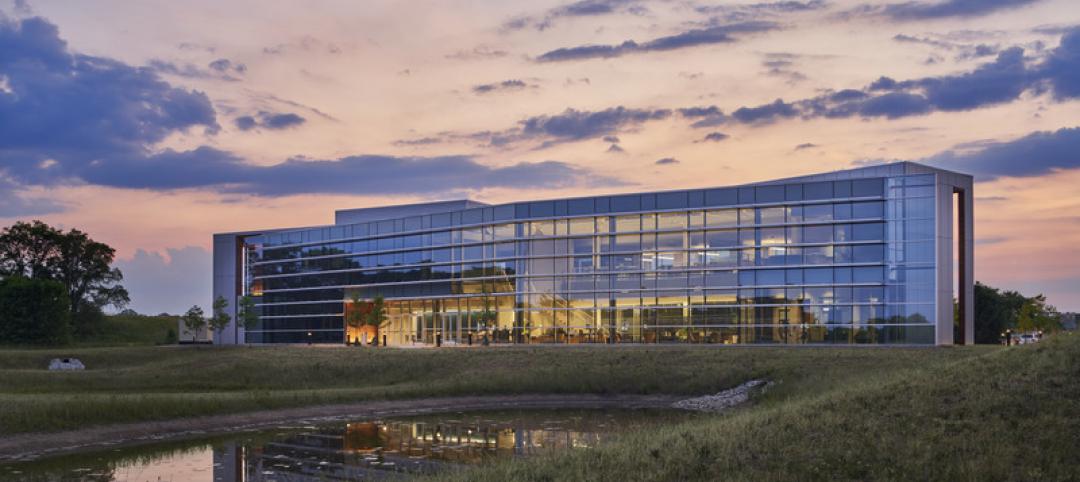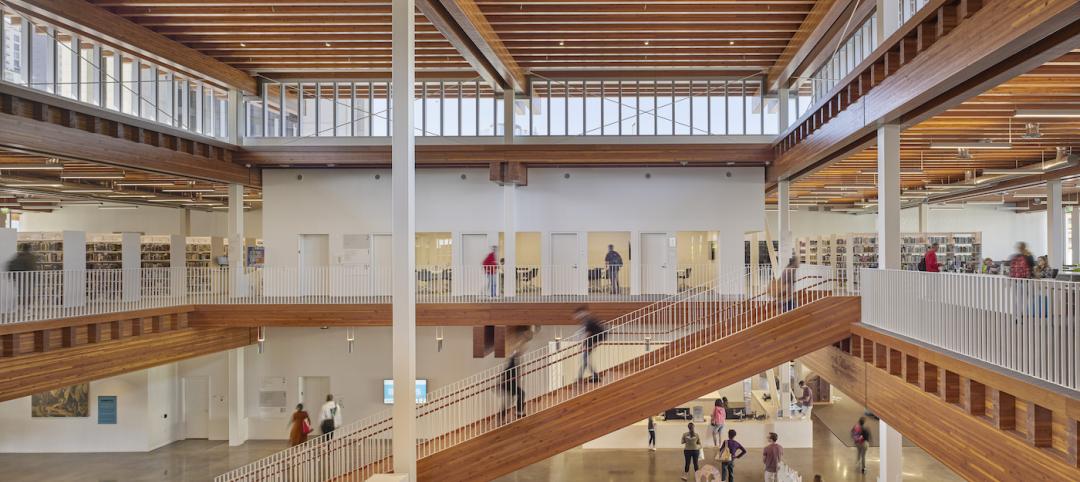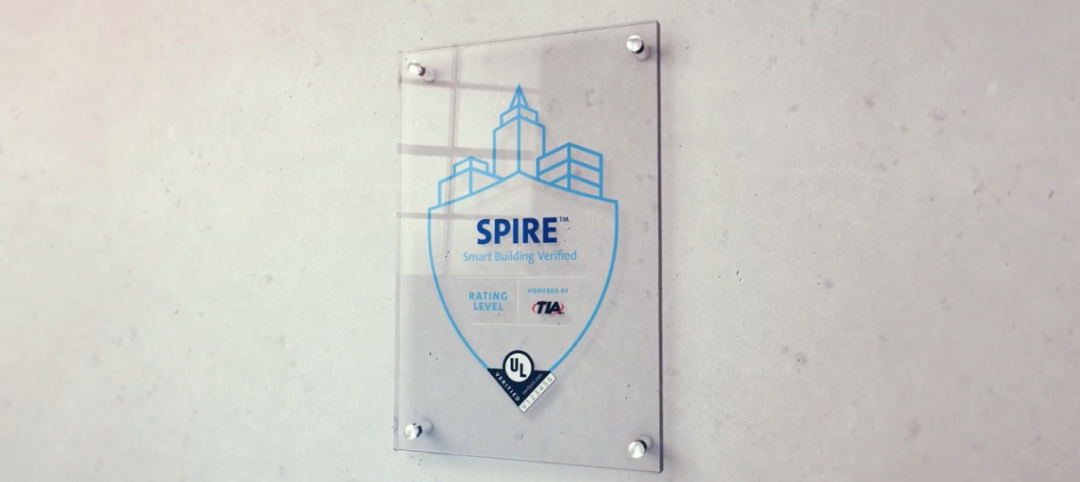The intensifying race to find and keep talent in an increasingly competitive digital business environment have enabled employees to reshape the workplace in their image, including access to a flexible work environment and schedule, overall health and well-being programs, childcare, meal services, and sustainability initiatives.
And the latest data show that employers now see that these investments are critical to their workers’ business performances.
These are among the findings from new “future of work” research, conducted by JLL and Harvard Business Review, which previewed at the World Economic Forum in Davos, Switzerland, last January.
A poll of 342 executives found that 83% agree that an attractive and flexible work environment is essential to attract and retain the talent they need to innovate and deliver business value in a competitive digital business environment and tight labor market.
More than half of the organizations these executives represent (57%) rate “human experience” as a top priority. “When we talk about human experience in the workplace, it’s really a recognition that, first and foremost employees are human beings with full lives beyond work that encompass friends, families, and varied interests, passions, and commitments,” states the authors of this research report. “So human experience efforts focus on improving how fluidly workers can integrate all of these pieces of the puzzle.”
This thinking is in line with a recent story in the New York Times that examined how wellness initiatives were ramping up in workplaces across the country. Corporate Wellness Magazine’s website also recently ran an article about how offices are merging tech and design for workplace wellness.
Over the past two years, almost one-third (32%) of JLL/Harvard survey respondents adjusted workplace design as a means to enhance the employee’s experience on the job. Another 31% adjusted workplace policies to accommodate flexible work schedules and working remotely.
And 53% of organizations plan to invest in human experience over the next two years. In that effort, more organizations are seeking their employees’ feedback and changes regarding workplace changes.
Already, more than half (53%) of respondents provide workers with the digital technology they need to work remotely or on a flexible schedule. And more than two-fifths of respondents have been customizing tis technology to employee preferences, by providing options to accommodate different people’s work styles and preferences.
A strong majority of respondents also place as a top priority the development of programs to support their employees’ health and well-being. For example, 35% of organizations are providing workplace amenities such as childcare and meal services, and 24% of organizations offer onsite recreation equipment.
Employee demand is also driving sustainability initiatives, say 55% of the organizations polled.
These efforts often result in more effective recruitment and retention. Because of their human experience initiatives, 36% of organizations report greater success retaining talent, 44% report improved employee morale, and 34% report improved productivity.
The research also found that:
•43% of organizations provide an appealing physical environment that fosters professional collaboration.
•42% offer new health and wellness benefits at little or no cost to employees.
•44% providing employees with opportunities, such as volunteer programs, to make meaningful social contributions unrelated to work.
The benefits from human experience initiatives include:
•greater brand image and recognition (29% of organizations polled).
•greater innovation (28%).
•greater visibility in the market and community (28%).
•greater customer satisfaction (27%).
•better relationships with suppliers and partners (21%).
•greater profitability (17%).
Related Stories
Giants 400 | Dec 16, 2020
Download a PDF of all 2020 Giants 400 Rankings
This 70-page PDF features AEC firm rankings across 51 building sectors, disciplines, and specialty services.
Giants 400 | Dec 3, 2020
2020 Office Sector Giants: Top architecture, engineering, and construction firms in the U.S. office building sector
Gensler, Jacobs, and STO Building Group head BD+C's rankings of the nation's largest office building sector architecture, engineering, and construction firms, as reported in the 2020 Giants 400 Report.
Government Buildings | Nov 25, 2020
New Indiana Toll Road headquarters creates unified environment for staff
New LEED Gold facility consolidates operations for tollway authority.
Smart Buildings | Nov 20, 2020
The Weekly show: SPIRE smart building rating system, and pickleball court design tips
The November 19 episode of BD+C's The Weekly is available for viewing on demand.
Office Buildings | Nov 17, 2020
Former elementary school becomes modern office space in North Charleston
The Middleton Group is designing the project.
Government Buildings | Nov 13, 2020
Tax shortfalls nip government projects in the bud
Federal contracts are proceeding, but states and cities are delaying, deferring, and looking for private investment.
AEC Tech | Nov 12, 2020
The Weekly show: Nvidia's Omniverse, AI for construction scheduling, COVID-19 signage
BD+C editors speak with experts from ALICE Technologies, Build Group, Hastings Architecture, Nvidia, and Woods Bagot on the November 12 episode of "The Weekly." The episode is available for viewing on demand.
Office Buildings | Nov 9, 2020
HWKN unveils Bushwick Generator office campus
The building will become a new hub for innovative companies in Brooklyn.
Building Team Awards | Nov 2, 2020
It's back to the future for this contractor
Poettker Construction’s new headquarters in rural Breese, Ill., is recognized with a Bronze Award in BD+C’s 2020 Building Team Awards.
Smart Buildings | Oct 26, 2020
World’s first smart building assessment and rating program released
The SPIRE Smart Building Program will help building owners and operators make better investment decisions, improve tenant satisfaction, and increase asset value.
















